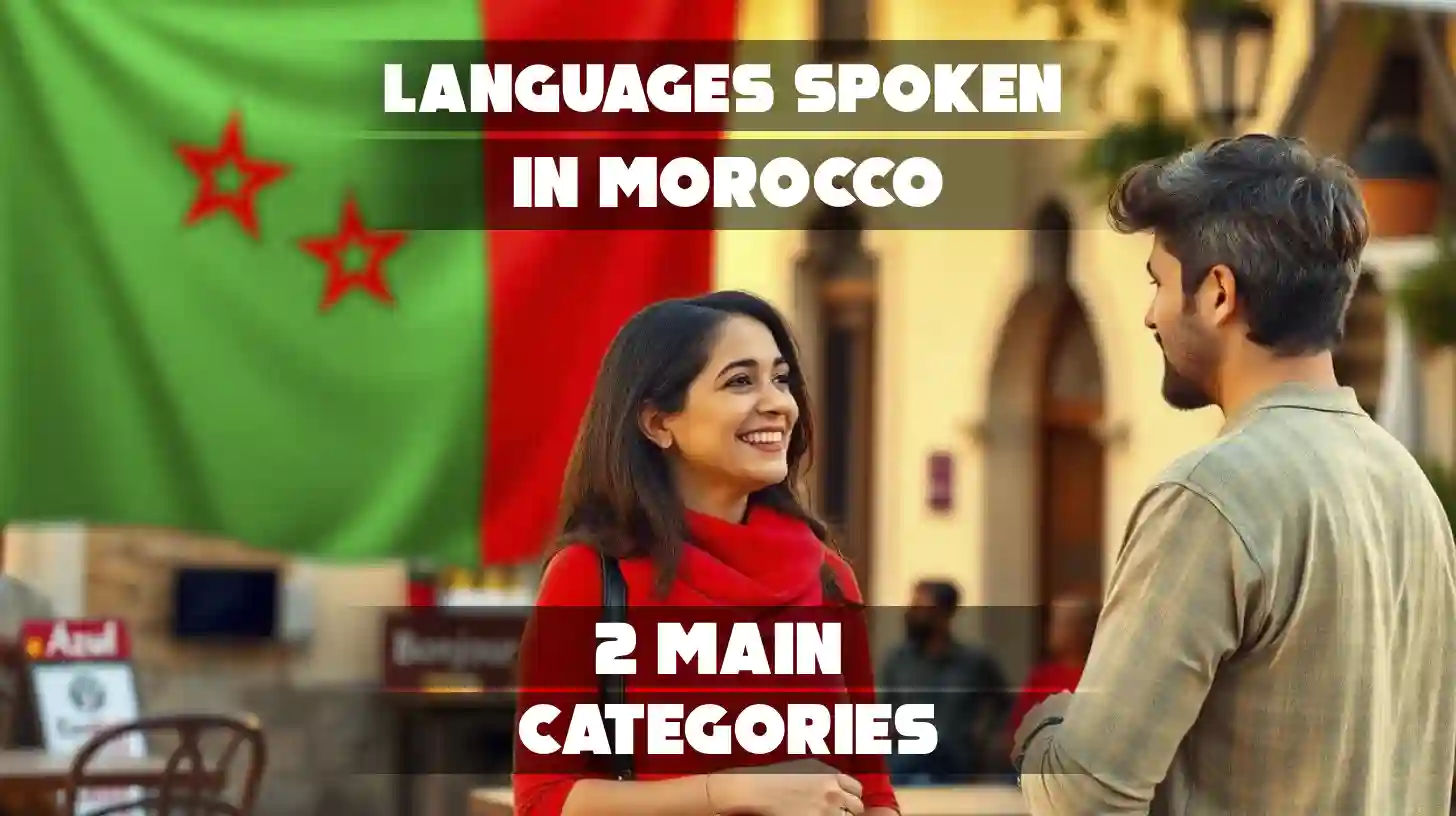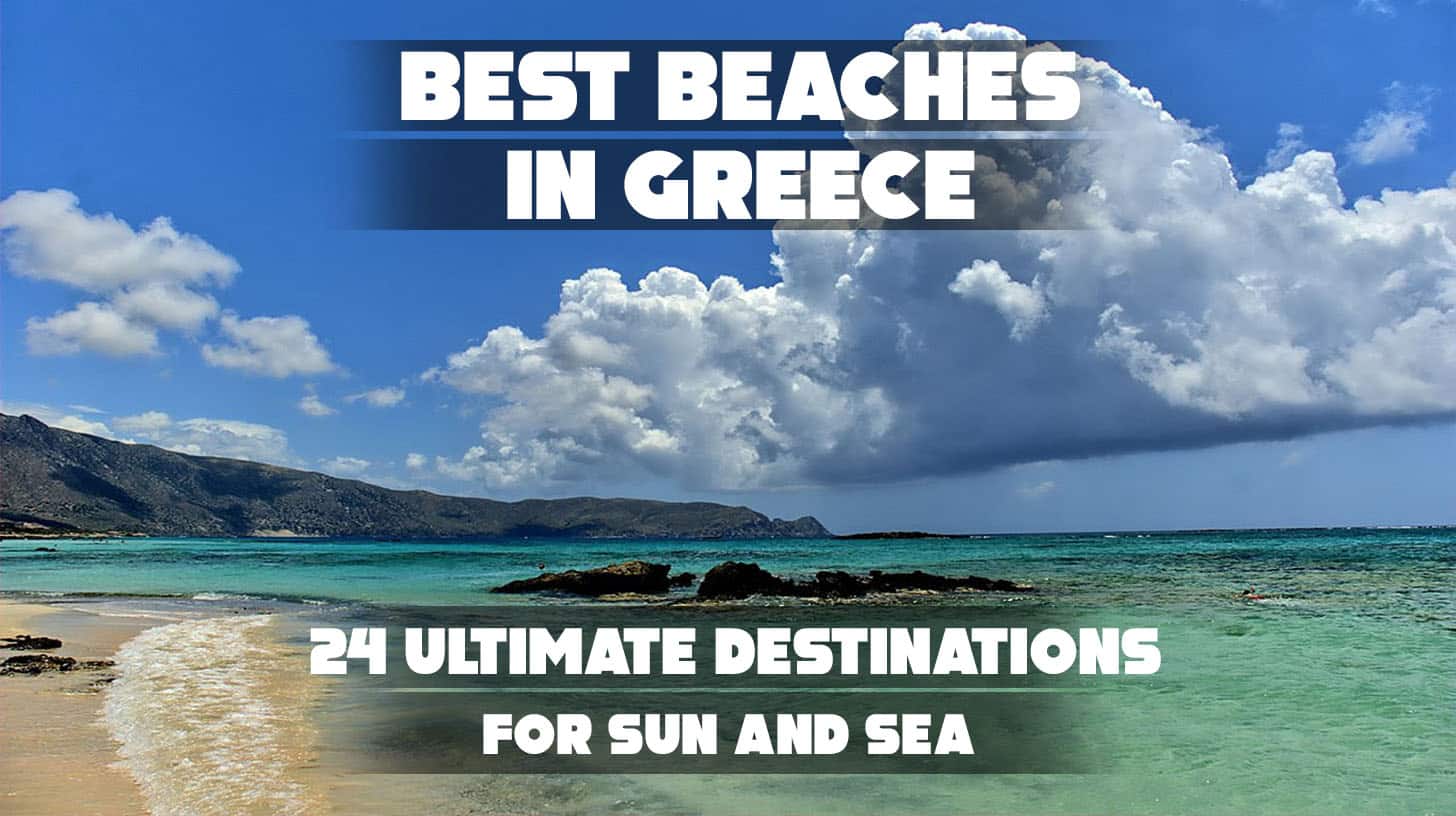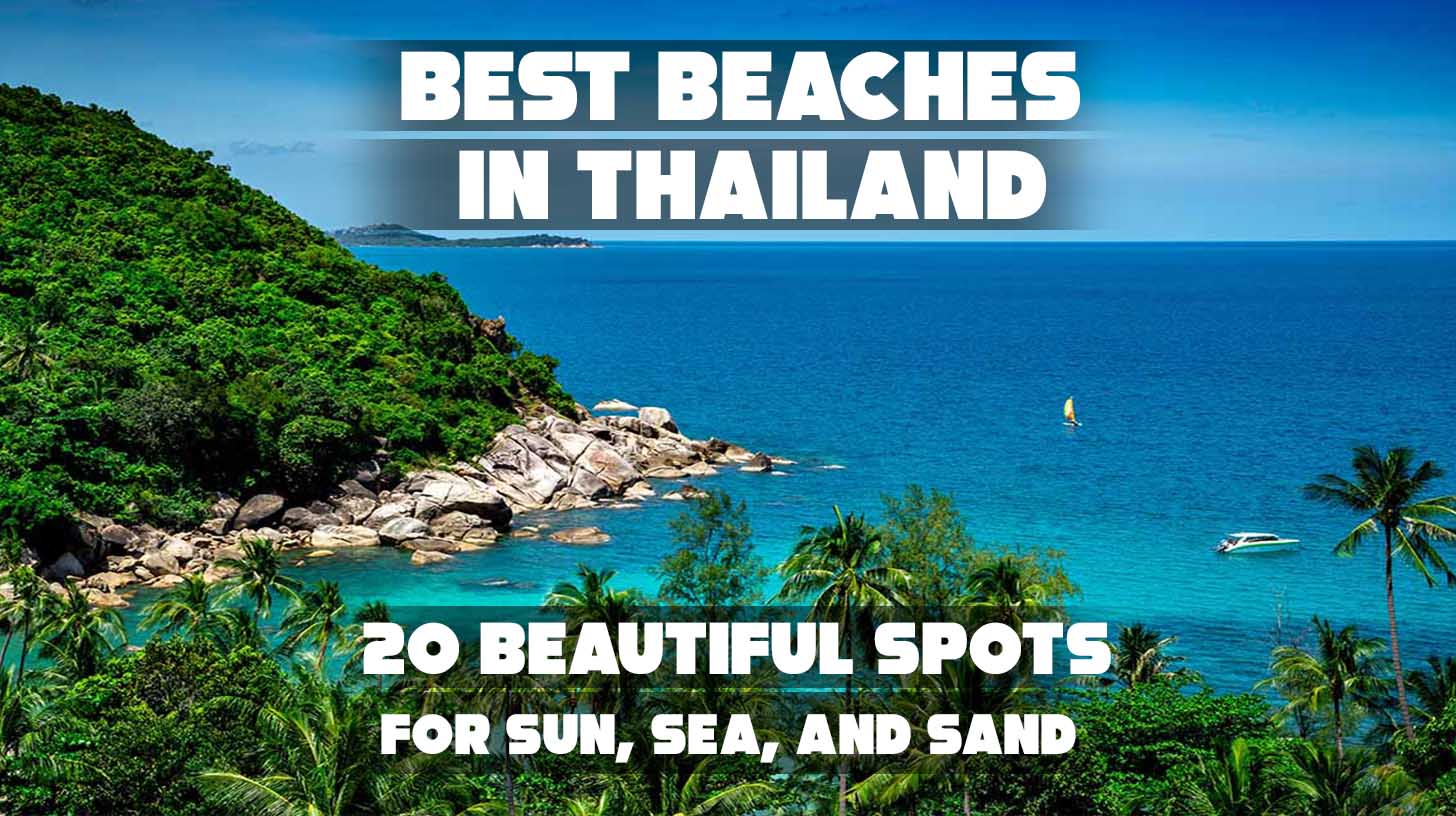Have you ever wondered about the languages spoken in Morocco and how they shape its culture? Whether you’re visiting or simply curious, understanding the languages spoken in Morocco is key to appreciating its rich heritage.
You’re not alone in navigating this complex linguistic landscape. With influences from Arabic, Berber, French, Spanish, and English, it can be tricky to understand how they all fit together. But don’t worry — we’re here to guide you.
In this article, we’ll:
- Explore the main languages spoken in Morocco.
- Examine their cultural and regional significance.
- Show how they influence Morocco’s social and economic life.
Keep reading to uncover how these languages connect you to Morocco’s vibrant heritage.
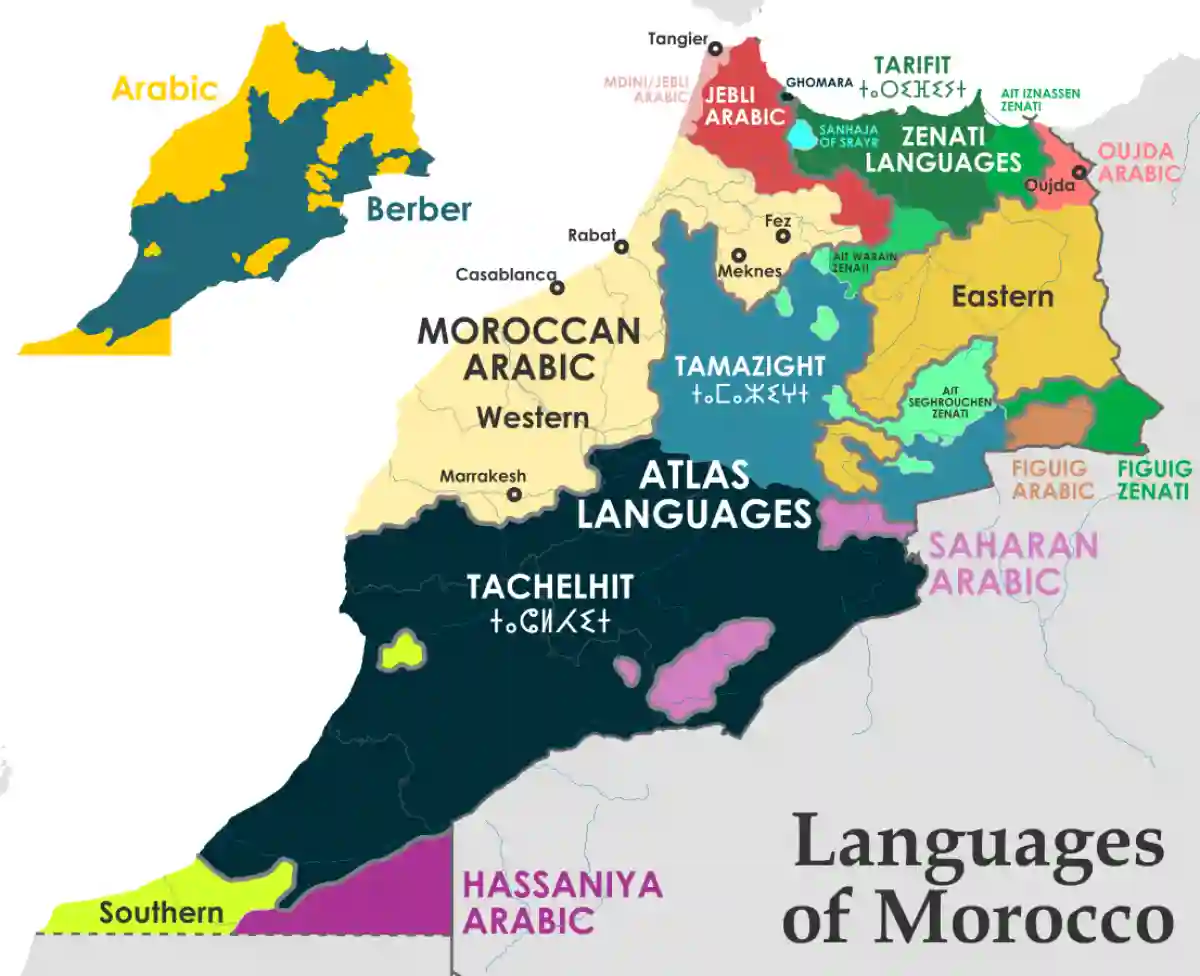
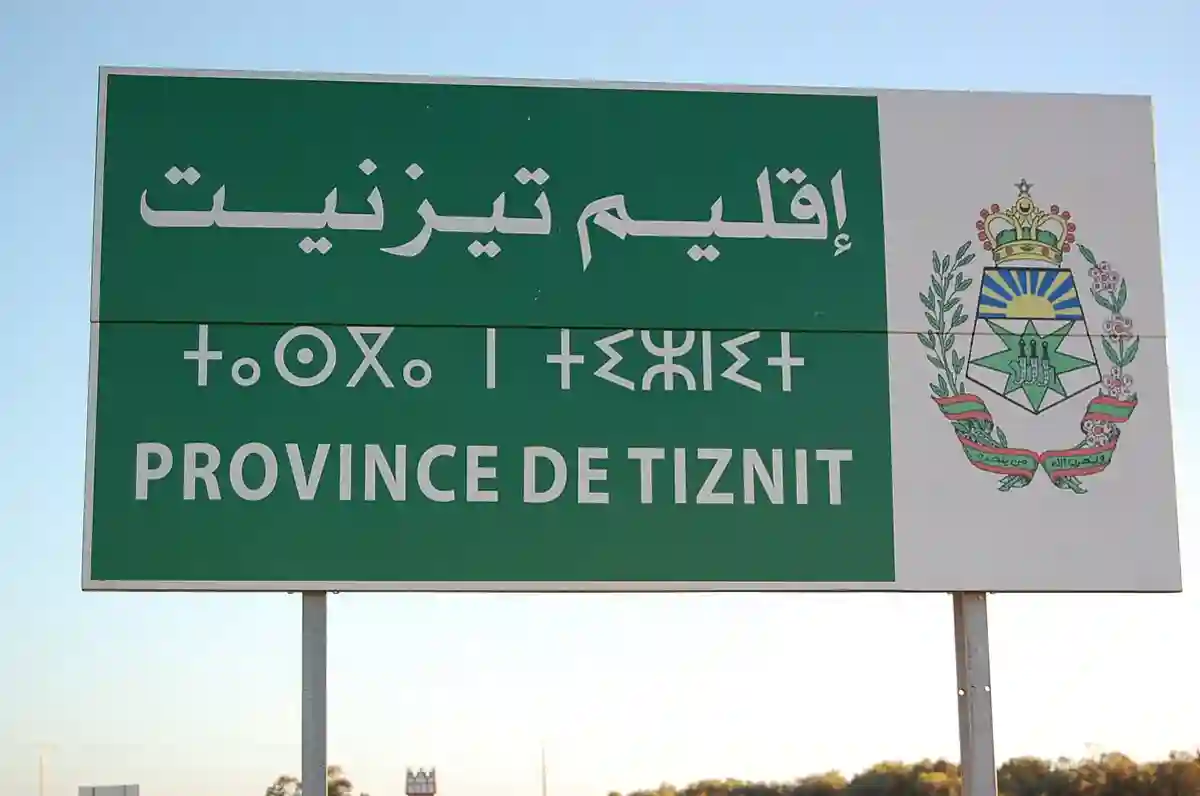
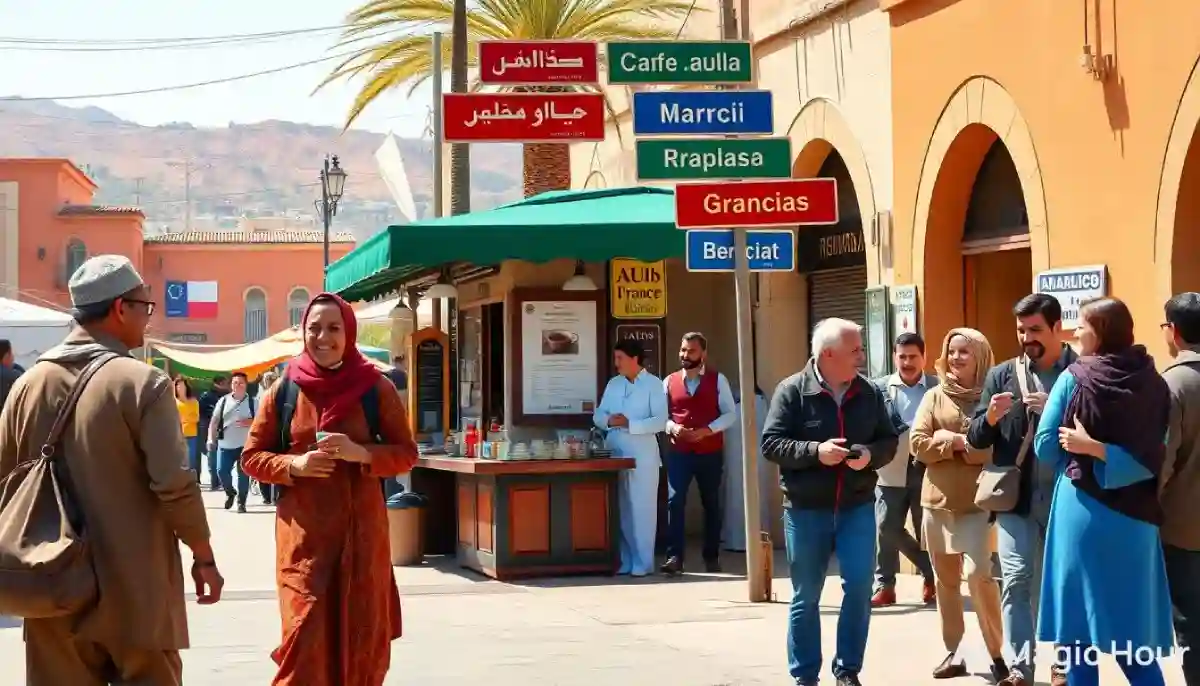
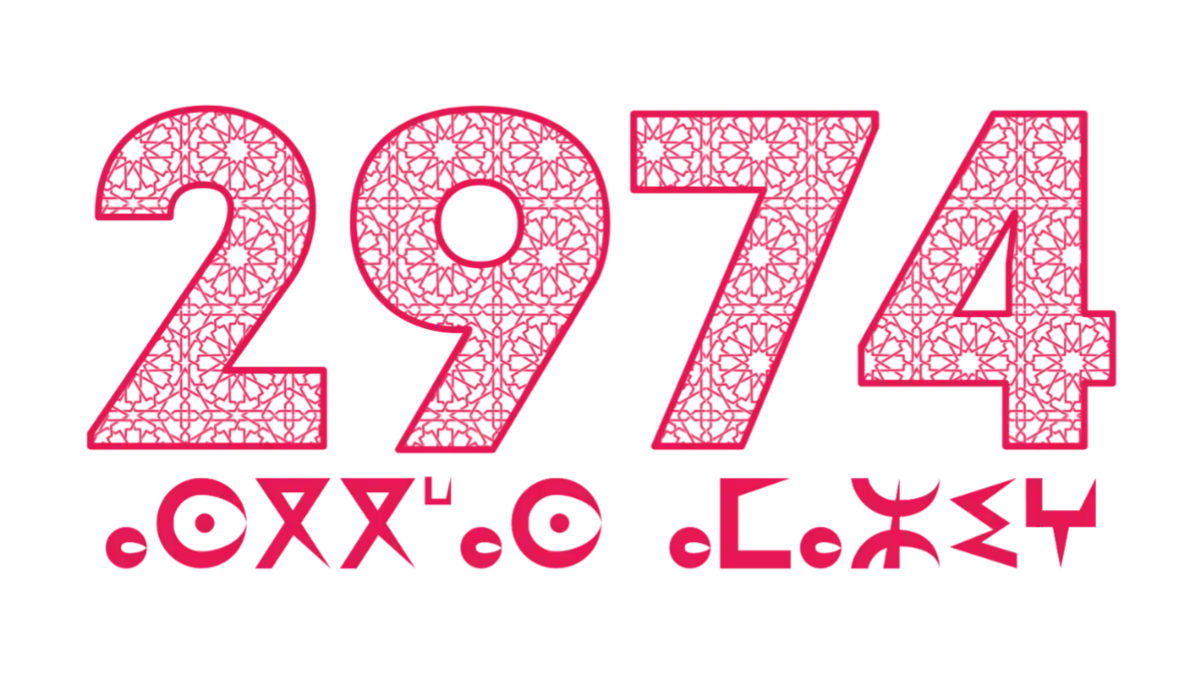
Official Languages Spoken in Morocco
1. Moroccan Arabic
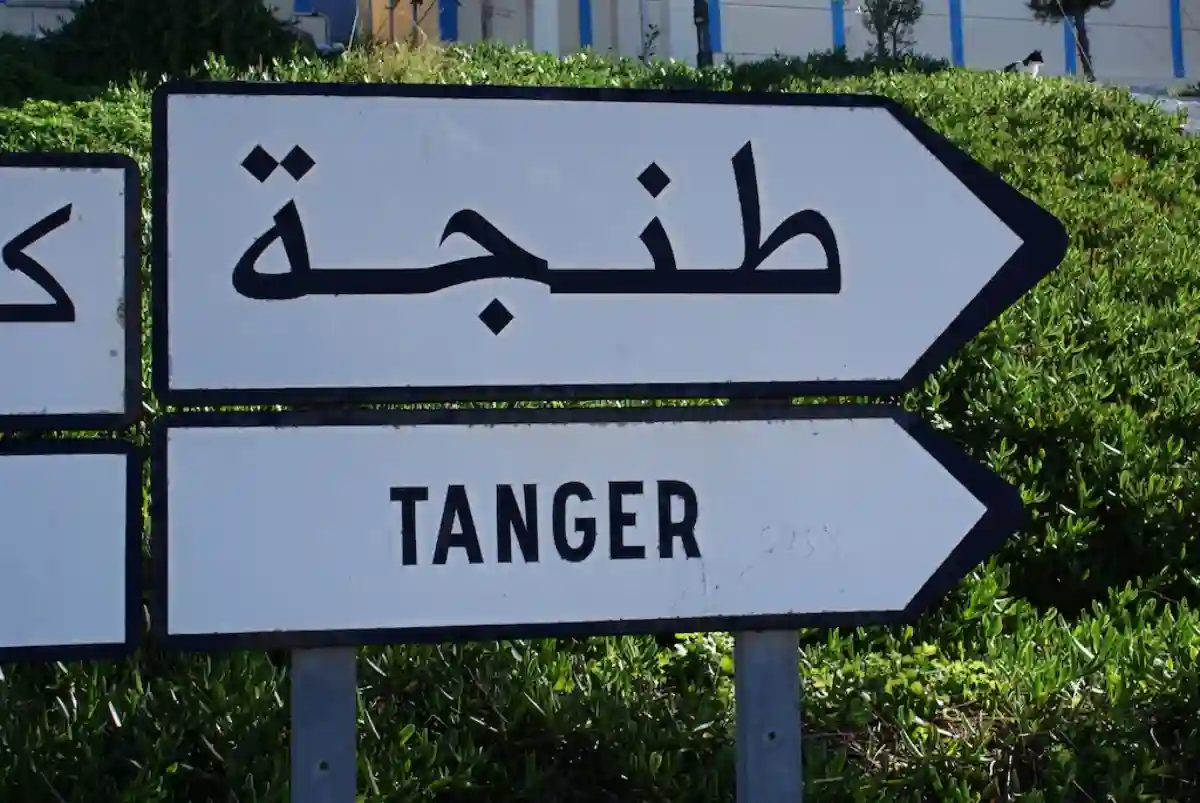
Moroccan Arabic, known as Darija, is the most widely spoken language in Morocco. While Modern Standard Arabic (MSA) is the official language, Darija is used in everyday conversations, particularly in informal settings. There are regional variations in Darija, with differences between cities like Casablanca and Marrakech, as well as between urban and rural areas.
Darija contains loanwords from French, Spanish, and Berber, which makes it distinct from Standard Arabic. It is part of the languages spoken in Morocco and helps people from various regions, including Arabs, understand each other. Most Moroccans speak Arabic and are also familiar with other languages such as French and Spanish.
However, Arabic speakers from the Middle East may not fully understand Darija, due to its unique vocabulary. Moroccan Arabic reflects the country’s deep history, rich culture, and multiple influences.
2. Berber Language (Amazigh)
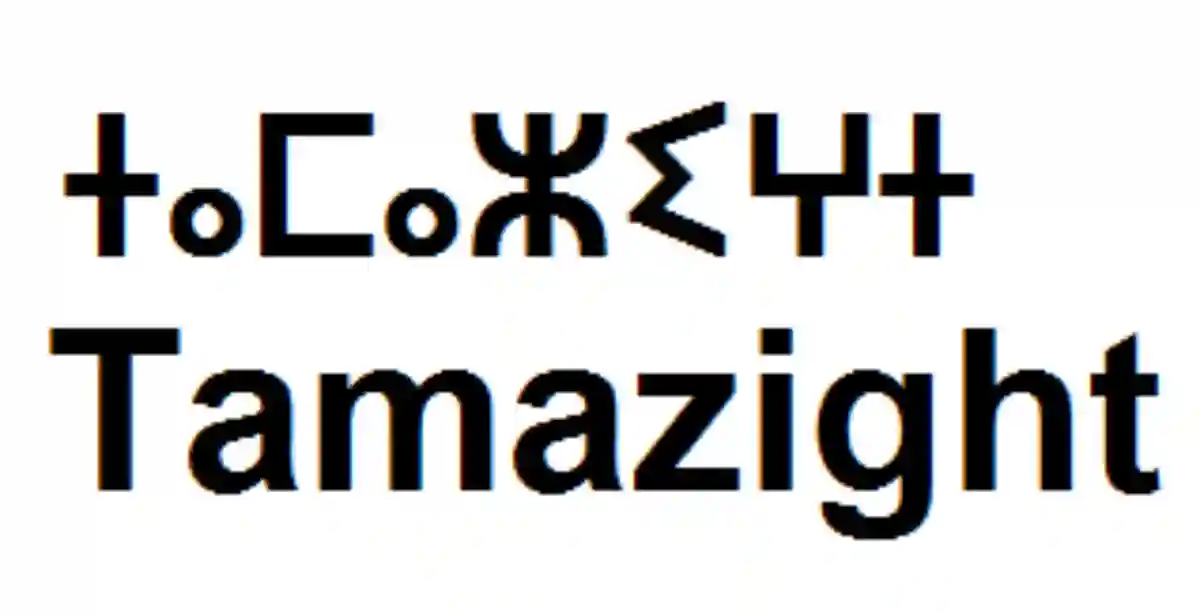
The Berber language, or Amazigh, has a rich history in Morocco and was granted official status in the 2011 constitution. There are several dialects of Berber spoken across different regions of the country. For instance, Tarifit is spoken in the north, Tamazight is common in the central areas, and Tachelhit is spoken in the south.
Each of these dialects has unique features, such as differences in vocabulary, pronunciation, and grammar. These variations reflect the multiple cultural influences in Morocco. The Berber language plays a crucial role in the languages spoken in Morocco, contributing to the country’s linguistic and cultural variety.
Over time, efforts to promote the Amazigh language have grown, with a focus on preserving its dialects and expanding its use in education and media.
Other Languages Spoken in Morocco
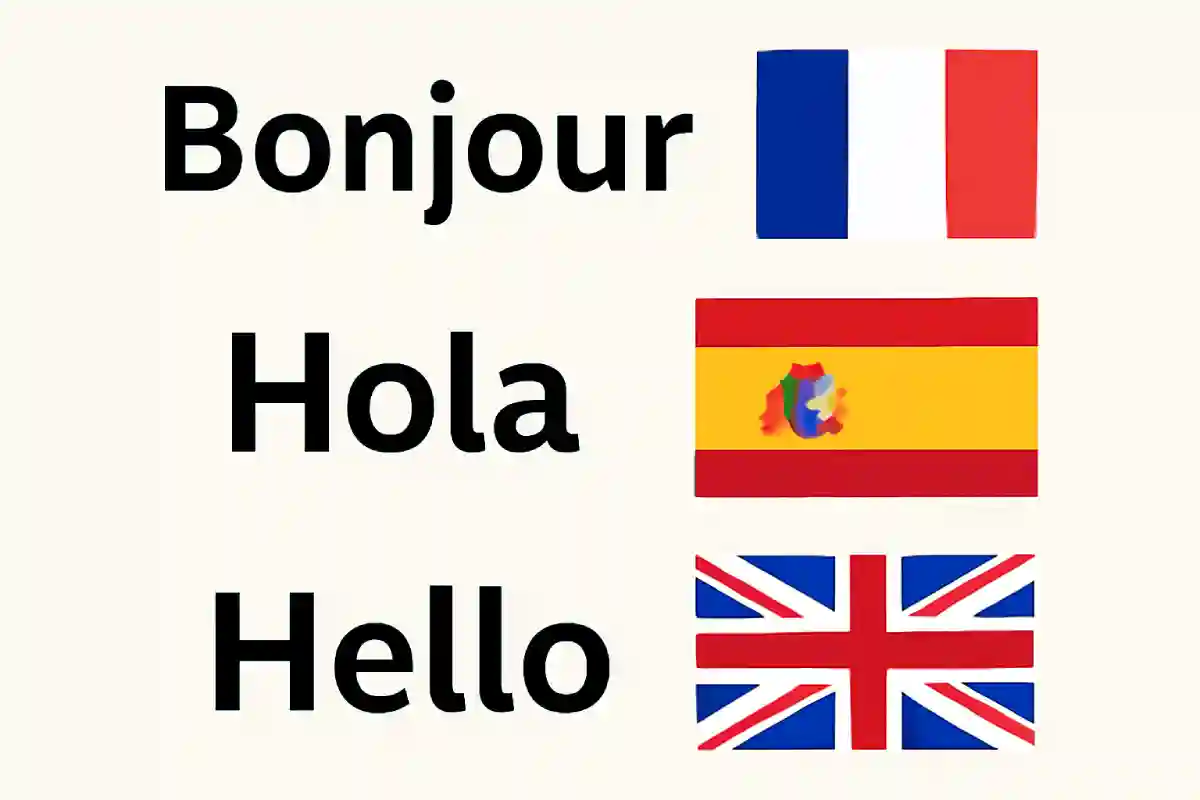
- French
French is one of the most important languages spoken in Morocco. It plays a big role in business, government, and education. Due to Morocco’s past as a French colony, French became the official language. Even after gaining independence, it still has a strong presence, especially in cities.
It’s widely used in media, law, and universities, making it the second language for many Moroccans. Most Moroccans speak French along with Darija or Berber. Schools teach French from an early age, and it helps students with their education and careers. Because of its history, French is a key part of the languages spoken in Morocco and connects the country to the world.
- Spanish
Spanish is spoken mostly in the northern regions of Morocco, like in cities such as Tangier and Tetouan. Morocco’s connection to Spain dates back to colonial times.
Today, Spanish is still important in these northern areas, especially for local trade and the tourism industry, as many Spanish tourists visit Morocco. As a Romance language, Spanish is part of the languages spoken in Morocco, helping connect the country to Spain and other European countries.
- English
In recent years, English has become more popular in Morocco, especially among younger generations and in cities. It is widely spoken in tourism, where international visitors often use English as a common language. English is also growing in international business, with many companies adopting it for communication.
Moroccans learn English in public schools, and it’s seen as an important skill for career growth, especially in fields like technology, science, and diplomacy. As English is the global language, it helps connect people across cultures.
Although French remains the dominant second language, the rise of English is changing how Moroccans speak, especially in North Africa and among younger people. This shift is important as Moroccans look to engage with the Middle East, Spain, and the world.
See Also Things to Do in Casablanca
Why These Languages Are Spoken in Morocco
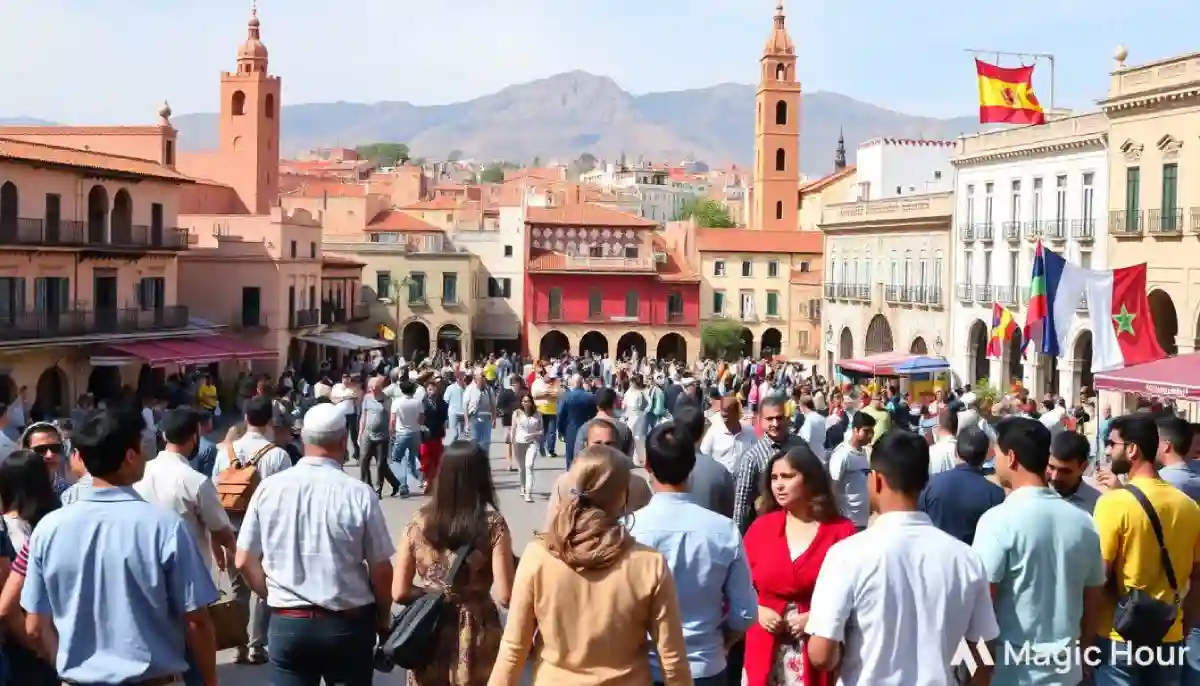
- Historical and Colonial Influences
The French protectorate (1912–1956) had a big impact on Morocco. It made French the main language in business, public schools, and government. Even after independence, French is still important, especially in cities. Spanish is also spoken in the north, in places like Tangier and Tetouan, because of the connection with Spain. This history still affects language and culture in these areas.
- Cultural and Regional Factors
The languages spoken in Morocco are deeply connected to its culture and heritage. Arabic, the national language, plays a central role in Moroccan culture and religion. Alongside it, Berber is also widely spoken and holds significant cultural value, especially in regions like the High Atlas Mountains, where many people use it as their primary language.
- Economic and Social Factors
French and Spanish are still important for Morocco’s trade with Europe and North Africa. But English is becoming more popular, especially for younger people. Most people in Morocco speak English in industries like tourism and business. English is growing as Morocco connects with the world.
See Also Best Time to Travel to Morocco
Language and Identity in Morocco
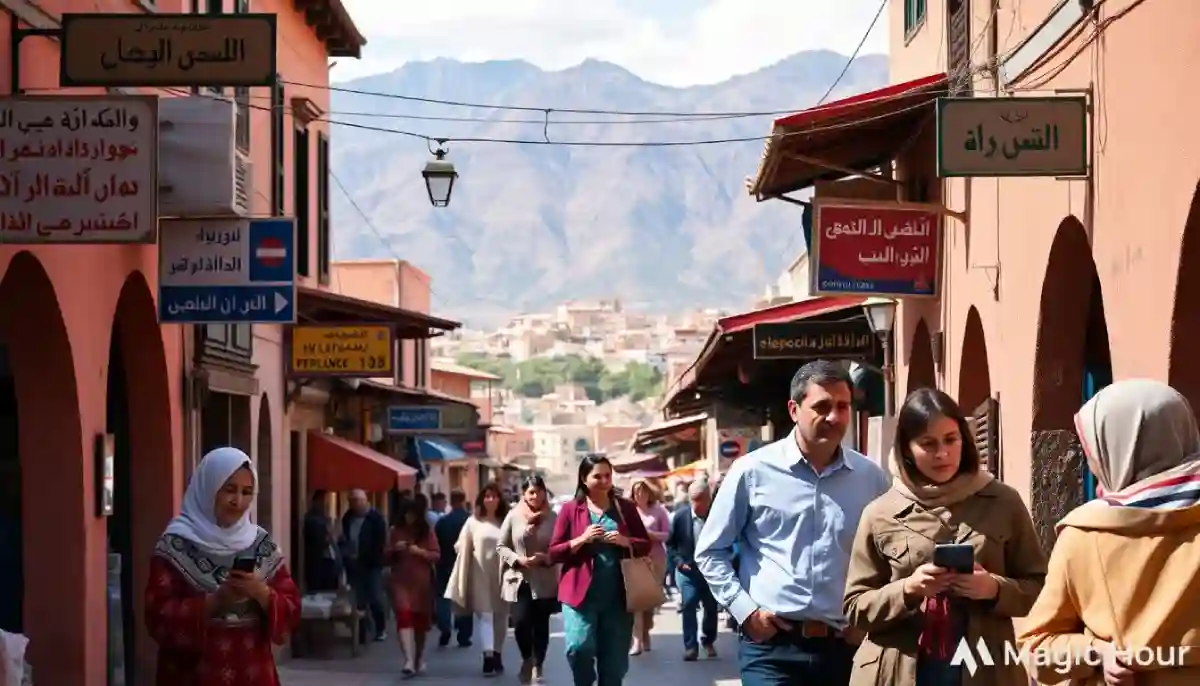
In Morocco, language is important for national unity and respecting cultural variety. The languages spoken in Morocco include Arabic, Berber, French, and Spanish. Arabic is the national language, and most Moroccans speak Arabic or Berber, especially in rural areas. In cities, French is common in business and public schools.
Spanish is spoken in northern Morocco, and Portuguese is heard in some areas. French is a key foreign language for most people in urban settings. In recent decades, English has also become important, especially for younger generations and in global connections.
Berber is growing in importance. Efforts to keep it alive show how it helps preserve Morocco’s cultural expressions and literature. In places like the High Atlas Mountains, people speak many forms of Berber.
See Also Morocco Travel Tips
Language Tips For Travelers to Morocco
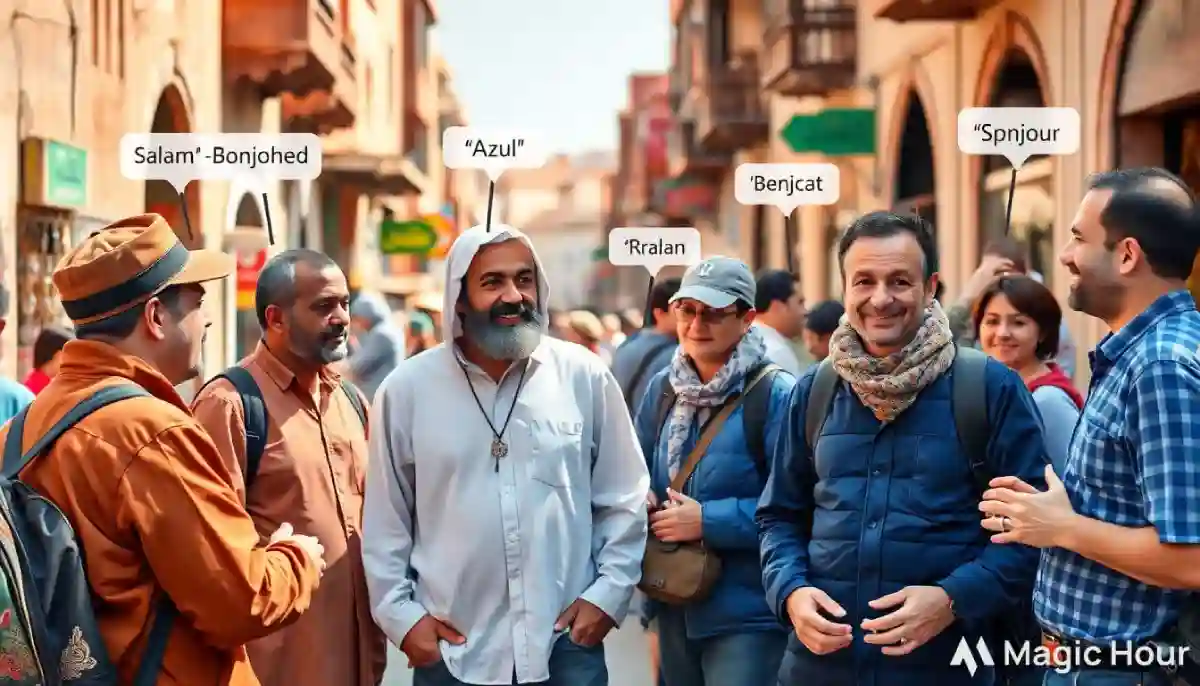
When traveling to Morocco, knowing a few key phrases in Moroccan Arabic (Darija) and Berber (Amazigh) can help you connect with locals:
- Moroccan Arabic:
- “Salam” (سلام) = “Hello”
- “Shukran” (شكراً) = “Thank you”
- Berber (Amazigh):
- “Azul” (آزول) = “Hello” (a friendly greeting)
While Arabic is the main language, French is commonly spoken in cities, especially in business and tourism:
- French Phrases:
- “Bonjour” = “Good morning”
- “Merci” = “Thank you”
Spanish is widely used in the northern regions of Morocco:
- Spanish Phrases:
- “Hola” = “Hello”
- “Gracias” = “Thank you”
English is understood in tourist areas, but patience and a friendly attitude can go a long way in overcoming any language barriers!

Languages Spoken in Morocco: A Recap
The languages of Morocco show its rich history and culture of its population. Arabic speakers are common in the country, with Moroccan Arabic (Darija) being the dominant language. Modern Standard Arabic is also widely spoken.
Berber dialects, the mother tongue of the people, reflect Morocco’s roots. In northern Morocco and southern Morocco, the languages spoken can vary.
French and Spanish, from Morocco’s colonial past, still play a role in business and education. In urban areas, many Moroccans speak French in daily life. English is also growing, especially among younger people, as Morocco’s connections with the world increase.
In central Morocco, a few words in Portuguese or German can also be heard. The languages of Morocco help shape its social life, education, and economy. Efforts to keep the Berber language alive show how important it is to Moroccan identity.


